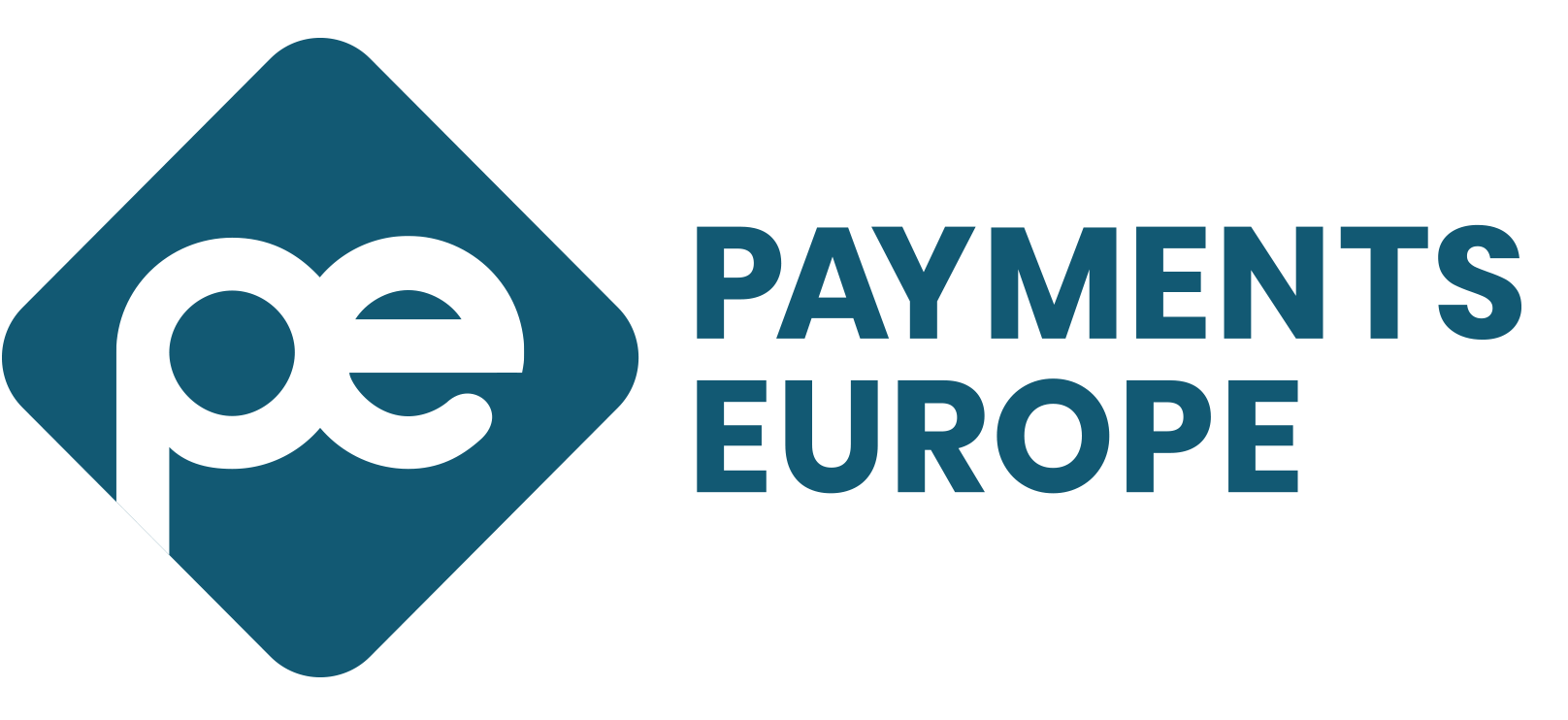KEY TAKEAWAYS
- We welcome a European payments strategy in which all payment solutions and providers are treated equally and a level-playing is maintained.
- As the payments market is developing quickly and the current regulatory framework is still unfolding, any further change, and the adoption of any new standards, should be market-driven.
- Payments Europe believes that a competitive and diverse market, in which businesses from all over the world can compete fairly, benefits the European economy and its sovereignty.
- Competition and diversification support independence.
- We clearly see the market for instant payments advancing in Europe though we believe no regulatory measures are required for the further development and uptake of instant payments at this stage.
- An EU-wide regulatory intervention to guarantee access to cash is difficult to implement as many countries have historically different attitudes towards payments.
- An intervention to promote access to digital payment methods is necessary to accelerate digitalization in the EU.
- The EU should help develop a framework to support national governments in adopting legislation related to Digital ID that considers interoperability and the need for cross-border functionality.
A THRIVING AND EVOLVING MARKET
In the last decade, the European payments market has evolved significantly driven by digitalisation, change in consumer behaviour and regulation. The market has become increasingly competitive, and a wide array of safe, convenient and low-cost payments methods, each of them with different features and functionalities, have become available to consumers and retailers. Payments Europe strongly supports consumer choice and believes increased competition is the best driver of innovation.
As new solutions emerge, we believe it is paramount that end-users (consumers and retailers) find value through speed, convenience and reach, but are also guaranteed safety, security and reliability: It is only by delivering on these elements that card-based payments have become and still remain the most preferred payment method for consumers and retailers, for both low- and high-value payments (1).
A EUROPEAN PAYMENTS STRATEGY
Payments Europe supports the development of a comprehensive European payments strategy that takes into account the payments market as a whole, rather than separate policy or regulation that looks at certain segments of it.
As part of such a comprehensive strategy, we believe that payment solutions and providers should be treated equally and a level-playing field needs to be maintained. No payment method or provider should receive regulatory preference, as this could skew competition, and lead to subpar consumer experiences.
Payments Europe supports a payments strategy based on the principles which already sets the standard for card-based payment providers (2):
• fair competition to allow for growth and innovation;
• a global and open economy;
• security and consumer protection.
As the payments market is developing quickly and the current regulatory framework is still unfolding, any further change, and the adoption of any new standard, should be market-driven rather than mandated by public authorities. To protect and build on the existing thriving payments environment, we ask regulators to supervise and safeguard the level-playing field, rather than adopt prescriptive regulations which could hamper innovation. Legal uncertainty and overregulation might stifle innovation and investments.
As recently shown by the Covid-19 crisis, which triggered the need to increase limits for contactless payments, society’s needs require payment providers to be flexible and quickly adapt. It can only do so if there is legal certainty and outcome-based rules that allow for new technology and solutions to be developed and deployed fast (3).
EUROPEAN SOVEREIGNTY
Europe has a robust and well-functioning payments market, built on a global, competitive and open economy. Payments Europe believes that a competitive and diverse market, in which businesses from all over the world can compete fairly, benefits the European economy and its sovereignty. Competition and diversification support independence.
The market for payments is global, and many European players are active in it. Payments Europe welcomes competition, and any new initiative that enters the market to deliver value to the end-user, regardless of its origin or nationality, as long as it adheres to European standards.
Card-based payments, and in particular those that are based on the four-party business model, provide a perfect example of a well-functioning global and open economy: the existing equilibrium between European and foreign players has created an environment that is positive for all and that revolves around European retailers and consumers. The model caters to their needs, guaranteeing them speed, convenience, safety, innovation and trust. Moreover, the model allows European banks to do business domestically and cross-border, in Europe and beyond.
A EUROPEAN SCHEME
We welcome the development of new payment options, such as the European Payments Initiative (EPI). It will provide increased choice to European consumers and retailers. The entry of new players on the European payments market shows that the market is becoming increasingly competitive and dynamic, which will certainly foster innovation and create value for consumers and retailers.
To ensure the European payments market continues to develop, Payments Europe advocates for policy makers to ensure a level playing field is maintained between payment solutions. Payments Europe also advocates for any payment solutions deployed in Europe to offer end-users a secure, reliable and sustainable solution, meeting the standards they have come to expect from existing payment methods.
INSTANT PAYMENTS
Payments Europe believes that instant payments can provide benefits to users as their features fit very well with today’s commerce, which needs to be immediate and always available. Their use cases make them complementary to other payment services, as they have different features with a different value proposition, functionalities and costs. It will complement but not replace existing services such as cards.
We believe it is necessary that users are aware of the benefits and risks related to instant payments. Instant payments are currently unable to offer the same guarantees offered by other payment methods, such as high level of protection against fraud, well-developed reimbursement options, enhanced safety features, and rich involvement in innovation.
Nonetheless, the industry is already working towards the development of new solutions to increase safety and security, and Payments Europe welcomes and participates in these efforts. New solutions should be built on sustainable business models that recognize the commercial drivers of participants and can be developed to meet the demands of future growth and innovation. New entrants into the European market should focus on delivering towards consumers’ needs.
We believe the market for instant payments is advancing and that no further regulatory measures are required for the development and uptake of instant payments. As far as adherence to the EPC SEPA Instant Credit Transfer rulebook (SCT Inst.) is concerned, we believe that the existing regulatory requirements are fit for purpose. The SCT Inst. scheme already has a wide base of participants. For this reason, we find that the fixing of mandatory end date for adherence to SCT Inst. is not necessary. We stress that the implementation of SCT Inst. would require substantial system changes and upgrades for payments service providers. We therefore recommend that, would the European regulator decide to mandate an end-date, a date beyond 2023 should be considered. This would grant the industry the necessary time to take all required steps to adhere to SCT Inst.
ACCESS TO CASH
Europe is a very fragmented market when it comes to the use of cash. Some Member States have very little cash use, while other parts of Europe still rely heavily on cash, not least because of traditions and cultural reasons. Multiple factors have been driving the decrease of cash and increase of electronic payments in certain Member States, including innovation, consumer preference, regulation and the reduction of card acceptance costs. Indeed, the cost and risk of cash transactions is increasingly acknowledged by retailers (costs related to cash handling, human errors and administrative procedures as well as risks related to robbery, theft or health). Payments Europe believes that the shift towards electronic payments is likely to continue as users’ payment preferences change, in particular driven by e-commerce and the other benefits provided by non-cash payments.
Payments Europe believes the right of consumers to access cash should be safeguarded. However, we also argue that an EU-wide regulatory intervention to guarantee access to cash is not an adequate response. To guarantee full and appropriate protection of consumers choice and needs in different regions across Europe, Payments Europe believes it should be left to national regulators to take the necessary regulatory steps that are most fitting to their individual societal needs. At EU-level, measures should be taken to promote the adoption of electronic payment methods in countries where digitalisation is lacking behind. This would be in line with the digital agenda of the EU.
In general, we advocate for free competition between payment methods at the point of sale.
DIGITAL ID SERVICES
Digital ID services play a growing role in the European economy and society. It facilitates and increases security in consumers’ lives. In countries with a well-developed Digital ID framework, consumers have shown high appreciation for these tools, and have reported high trust and few operational issues.
Payments Europe believes Digital ID tools and services will play an even bigger role in the future, as the digital economy will increasingly require them to be rolled out. Digital ID tools can help the development of payment authentication and authorization, as well as facilitate digital government services. To reach its full potential, we believe that digital identity will need to be decentralised and portable and that Digital ID solutions should be interoperable both within Europe and beyond.
Payments Europe calls on regulators to promote the adoption of Digital ID with an eye to the developmentof a global system. The EU should work to develop a framework to help national governments adopt legislation related to Digital ID that considers interoperability and the need for international reach.
Footnotes:
(1) Cards In The Evolving European Payments Landscape – A Report By Payments Europe, available here.
(2) Payments Europe Policy Recommendation, available here.
(3) Payments Europe’s “Position Paper On Strong Customer Authentication: Industry Readiness”, available here.

